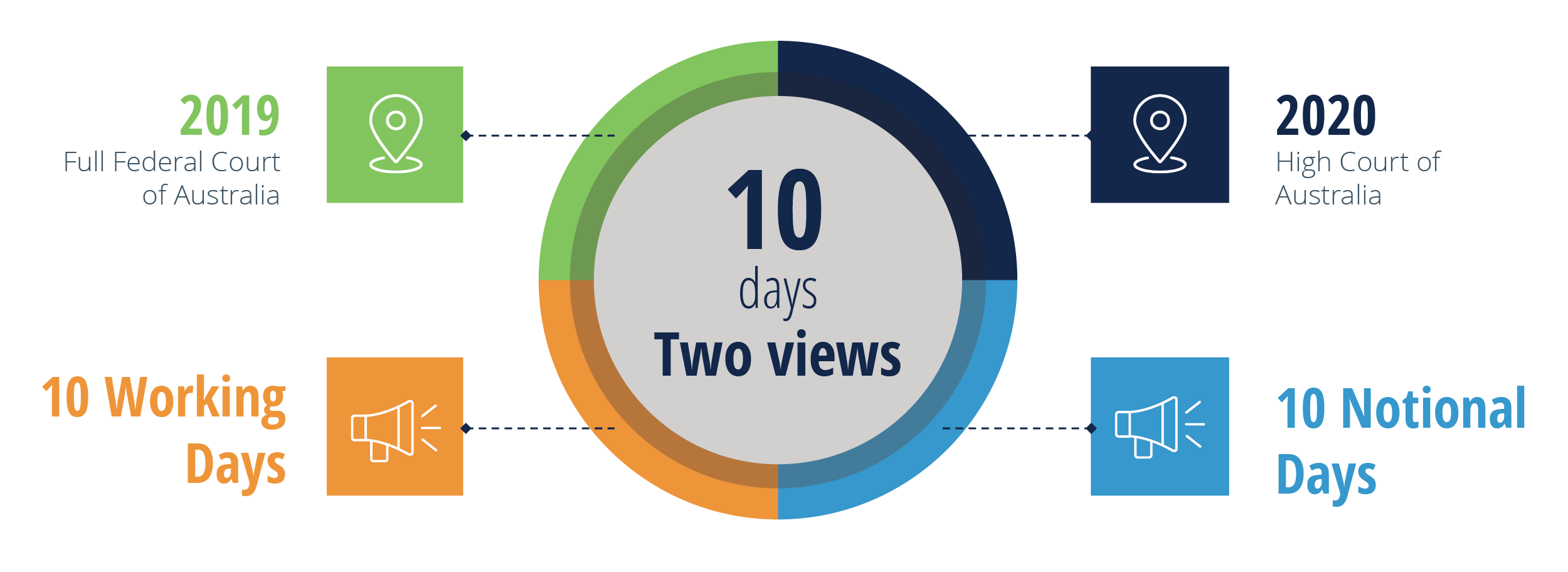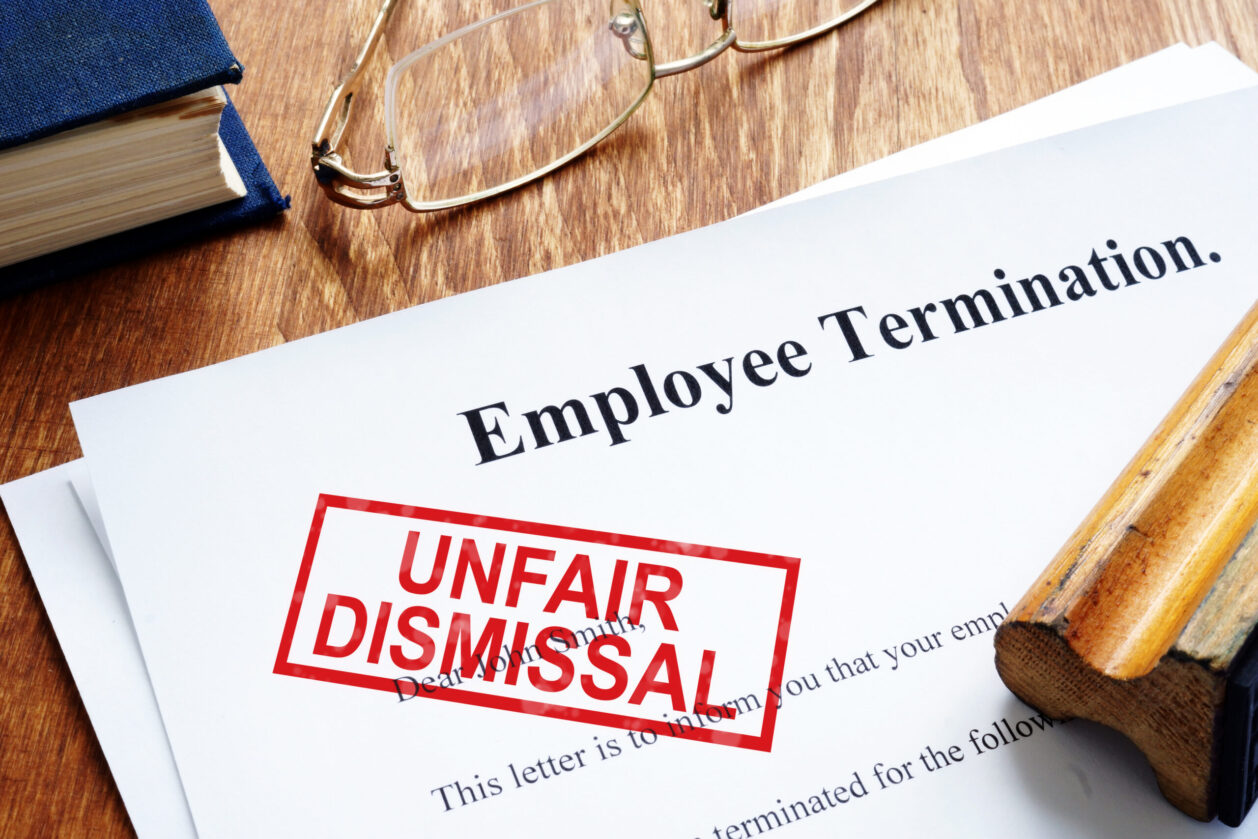The High Court has thrown out a Federal Court that would have potentially meant employees who work longer shifts accrue more paid sick leave.
In a ground-breaking decision on accrual of personal/carer’s leave under the Fair Work Act 2009 (Cth) (FW Act), the High Court of Australia (HCA) has overruled last year’s contentious decision by the Full Court of the Federal Court of Australia (FCAFC). Mondelez Australia Pty Ltd v Automotive, Food, Metals, Engineering, Printing and Kindred Industries Union, Minister for Jobs and Industrial Relations v Automotive, Food, Metals, Engineering, Printing and Kindred Industries Union [2020] HCA 29 reconfirms that employees are entitled to 10 “notional days” of personal/carer’s leave a year based on a standard working week of 38 ordinary hours.

In the 41-page decision, the HCA, with a 4-1 outcome in favour of the “notional day” construct, set aside the order made in Mondelez v Automotive, Food, Metals, Engineering, Printing and Kindred Industries Union Known as the Australian Manufacturing Workers Union (AMWU) [2019] FCAFC 138 (Mondelez FCAFC decision) and in its place declared that:
"The expression '10 days' in s 96(1) of the Fair Work Act 2009 (Cth) means an amount of paid personal/carer's leave accruing for every year of service equivalent to an employee's ordinary hours of work in a week over a two-week (fortnightly) period, or 1/26 of the employee's ordinary hours of work in a year. A 'day' for the purposes of s 96(1) refers to a 'notional day', consisting of one-tenth of the equivalent of an employee's ordinary hours of work in a two-week (fortnightly) period."
In coming to this decision, the HCA expressed that it was necessary to construe "10 days", in section 96(1) of the FW Act in the context of the FW Act, as a whole and take into account relevant extrinsic materials, Parliament's intended approach and the legislative history. Coming to this conclusion the HCA relied on:
- the "notional day" construction in the Workplace Relations Amendment (Work Choices) Act 2005 (WPR Act);
- references to employee’s ordinary hours being central to the paid personal leave entitlement made in the Explanatory Memorandum to the Fair Work Bill 2008 (Cth); and
- continuity between the WPR Act and the FW Act, when comparing the two sets of provisions.
The HCA ruling rejected the “working day” construction adopted by the majority in the Mondelez FCAFC decision in which 10 days of personal leave was taken to entitle all employees (irrespective of hours worked) to 10 x 24-hour periods off work each year. In reaching this finding the HCA stated:
- this construction is inconsistent with the purpose of section 96 of the FW Act and the objectives of the FW Act of fairness, flexibility, certainty, and stability.
- it would lead to inequalities between employees with different work patterns which would be unfair; and
- part-time employees would be entitled to the same amount of leave as, or more than, full-time employees.
The Fair Work Ombudsman has since updated the Fair Work Ombudsman Information Statement to reflect this decision.
The HCA’s judgment preserves widespread industry practice and restores a common-sense approach to employees and their paid personal/carer’s leave entitlements.
If you would like more information on this subject or any other matters, please contact the CCIWA Employee Relations Advice Centre on (08) 9365 7660 or email [email protected].
This information was featured in CCIWA's HR Quarterly Briefing - Emerging from the Wreckage, which took place on September 17, 2020. For more, along with updates on JobKeeper 2.0 and other significant case law, watch the presentation by CCIWA Employee Relations Advisor Chris Nunn. Enter password: awicc1709






